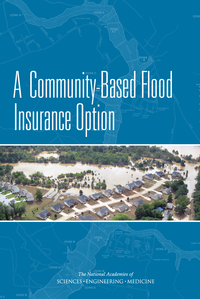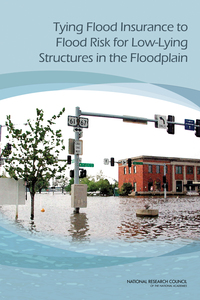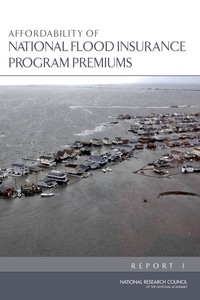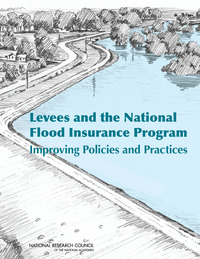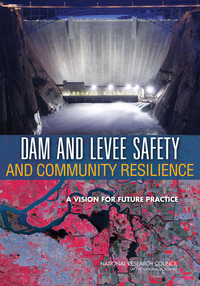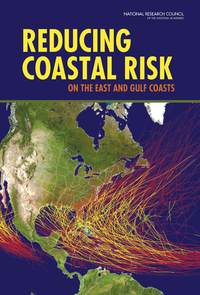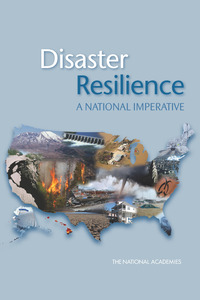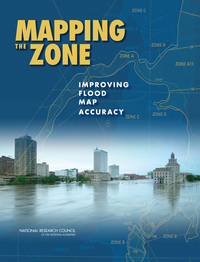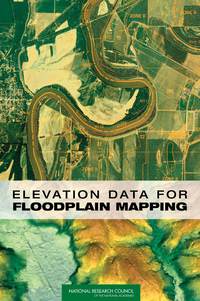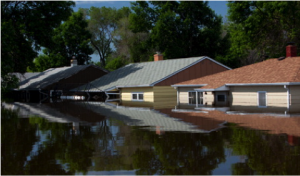 According to FEMA, floods are the most common and costly natural disaster in the United States. Property owners who live in communities that participate in the National Flood Insurance Program (NFIP) can purchase affordable protection to protect against loss. The NFIP is a cornerstone in the U.S. strategy to assist communities to prepare for, mitigate against, and recover from flood disasters. At the request of Congress, several recent reports have examined the current state of the program and options to improve it. These books and others on floods and disaster resilience are all free to download.
According to FEMA, floods are the most common and costly natural disaster in the United States. Property owners who live in communities that participate in the National Flood Insurance Program (NFIP) can purchase affordable protection to protect against loss. The NFIP is a cornerstone in the U.S. strategy to assist communities to prepare for, mitigate against, and recover from flood disasters. At the request of Congress, several recent reports have examined the current state of the program and options to improve it. These books and others on floods and disaster resilience are all free to download.
River and coastal floods are among the nation’s most costly natural disasters. One component in the nation’s approach to managing flood risk is availability of flood insurance policies, which are offered on an individual basis primarily through …
Floods take a heavy toll on society, costing lives, damaging buildings and property, disrupting livelihoods, and sometimes necessitating federal disaster relief, which has risen to record levels in recent years. The National Flood Insurance …
The National Flood Insurance Program (NFIP) is housed within the Federal Emergency Management Agency (FEMA) and offers insurance policies that are marketed and sold through private insurers, but with the risks borne by the U.S. federal …
The Federal Emergency Management Agency’s (FEMA) Federal Insurance and Mitigation Administration (FIMA) manages the National Flood Insurance Program (NFIP), which is a cornerstone in the U.S. strategy to assist communities to prepare for, …
Although advances in engineering can reduce the risk of dam and levee failure, some failures will still occur. Such events cause impacts on social and physical infrastructure that extend far beyond the flood zone. Broadening dam and levee safety …
Hurricane- and coastal-storm-related losses have increased substantially during the past century, largely due to increases in population and development in the most susceptible coastal areas. Climate change poses additional threats to coastal …
No person or place is immune from disasters or disaster-related losses. Infectious disease outbreaks, acts of terrorism, social unrest, or financial disasters in addition to natural hazards can all lead to large-scale consequences for the nation …
Federal Emergency Management Agency (FEMA) Flood Insurance Rate Maps portray the height and extent to which flooding is expected to occur, and they form the basis for setting flood insurance premiums and regulating development in the floodplain. …
Floodplain maps serve as the basis for determining whether homes or buildings require flood insurance under the National Flood Insurance Program run by the Federal Emergency Management Agency (FEMA). Approximately $650 billion in insured assets …
